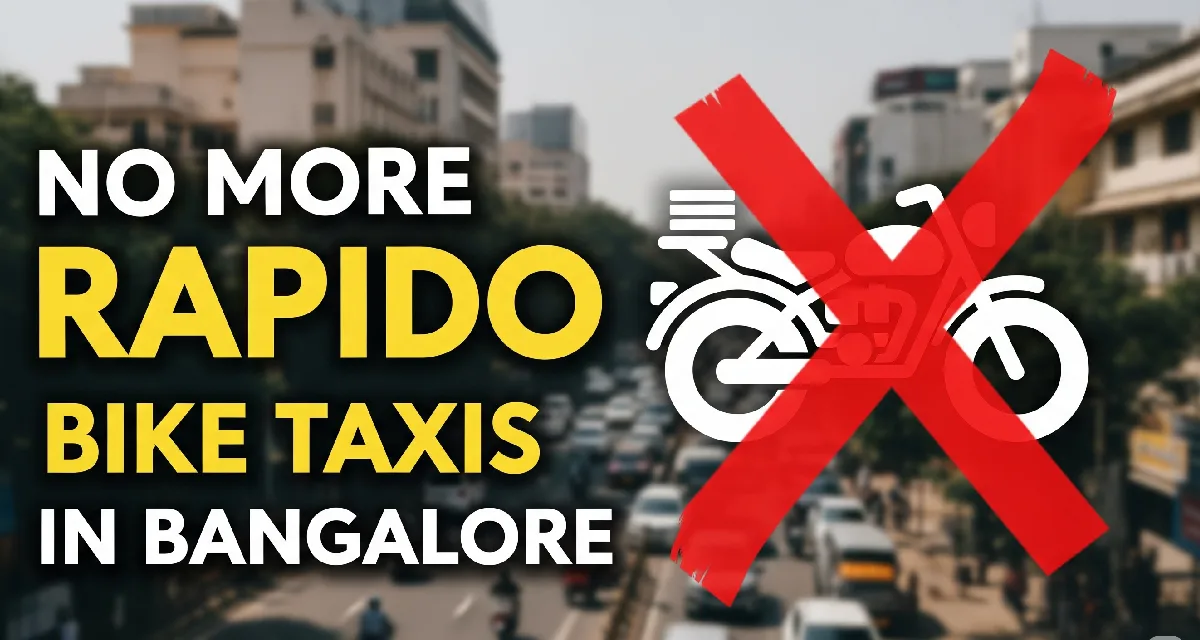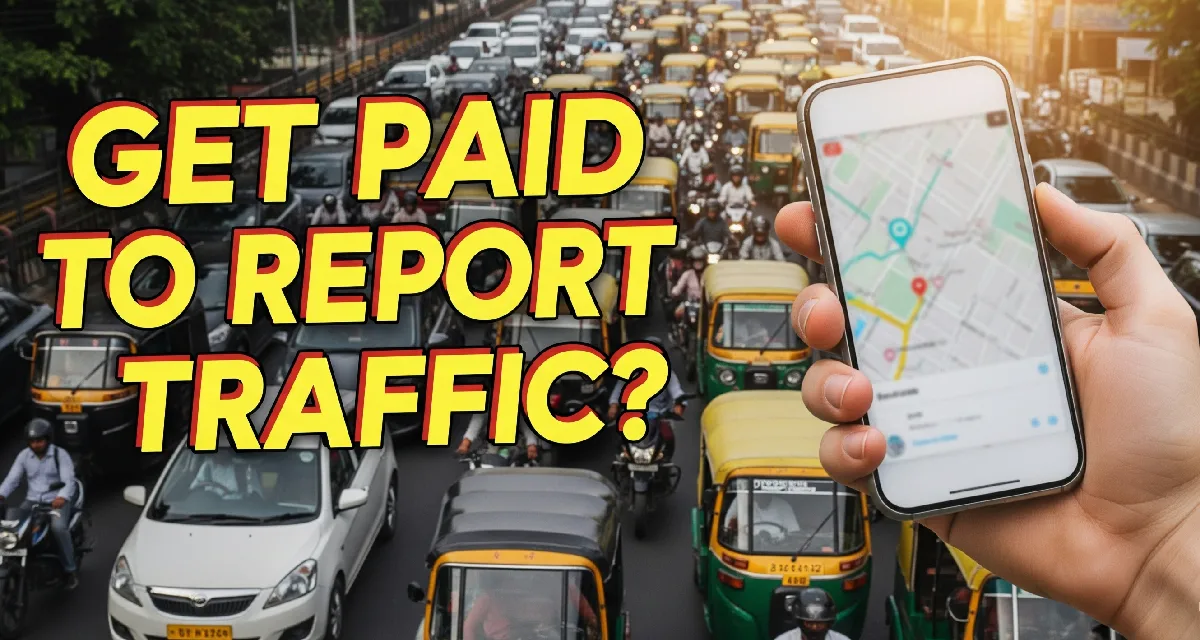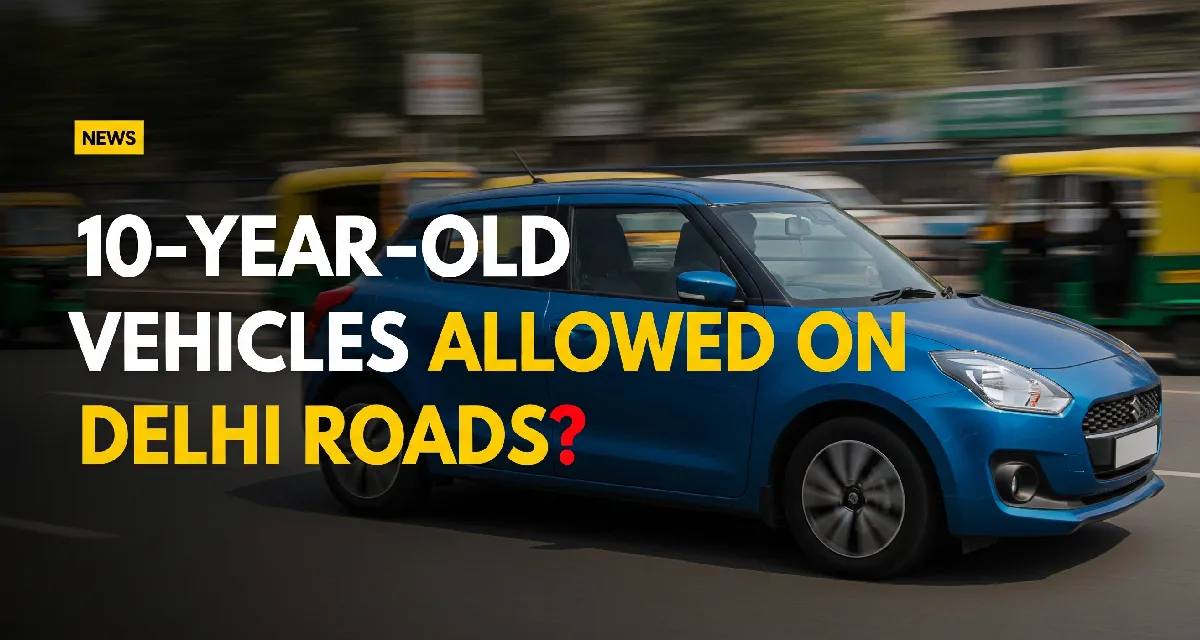The Karnataka government has officially enforced a statewide ban on bike taxi services, halting operations of app-based platforms like Rapido, Ola Bike, and Uber Moto across Bangalore and other cities. Effective from 16 June 2025, the decision has disrupted daily commutes for thousands who relied on these services for affordable, last-mile transportation. The ban has also significantly impacted gig workers who earned their livelihoods through these platforms. With rising demand for autos and public transport, commuters face delays and increased costs. The move has sparked widespread debate, with many urging the government to establish a clear regulatory framework for bike taxis.
Why Were Bike Taxi Services Banned?
The ban on bike taxi services in Karnataka arises from legal and regulatory concerns. State authorities have declared that app-based platforms like Rapido, Ola Bike, and Uber Moto are operating illegally without proper licensing under transport regulations. According to current laws, privately registered two-wheelers are not permitted to be used for commercial purposes, including transporting passengers for a fare. Despite their increasing popularity for being affordable and convenient, these services do not comply with the state’s motor vehicle rules. The lack of a dedicated framework for regulating bike taxis has led to their operations being officially halted across the state.
Daily Life Disrupted Across the City
Bangalore’s heavily congested roads and limited public transport options have made bike taxis a convenient and affordable choice for thousands of daily commuters, particularly for short-distance travel and last-mile connectivity. With the statewide ban now in effect, many residents are left stranded or compelled to rely on more expensive alternatives like auto-rickshaws and traditional cabs. The abrupt removal of bike taxi services has caused a noticeable surge in demand for autos, resulting in fare hikes ranging from ₹10 to ₹70 per ride. Commuters are facing longer wait times and increased travel costs, intensifying the strain on the city’s transport network.
Drivers Face Income Loss and Uncertainty
The statewide ban on bike taxis has severely impacted over 1 lakh gig economy workers in Karnataka, many of whom were engaged with platforms like Rapido, Ola Bike, and Uber Moto on a full-time or part-time basis. These riders, including students and young professionals, relied on the service as a flexible source of income, earning up to ₹3,000 per day. With services abruptly halted, a significant portion of this workforce now faces unemployment, financial hardship, and uncertainty. Driver unions and labor associations have raised concerns about the lack of alternative job opportunities and are urging the government to reconsider its decision.
Rapido’s “Bike Parcel” Workaround
In a short-lived move to bypass the ban, several platforms briefly introduced a workaround feature where users could book rides under the name of “Bike Parcel” or “Moto Courier.” The idea was to list passengers as “parcels” to continue operations under the guise of delivery services. However, this controversial feature was quickly withdrawn after it attracted public scrutiny and regulatory attention. While it sparked debate on the creative ways gig companies navigate legal loopholes, it also highlighted the pressing need for clear policy on new-age mobility services.
Transportation Alternatives Become Overburdened
With the sudden vacuum created by the ban, Bangalore’s already overstrained public transport services are now facing added pressure. Auto drivers have taken advantage of the increased demand, while metro stations and bus stops have become more crowded during peak hours. The abrupt change has underscored the lack of robust and affordable last-mile connectivity options in India’s tech capital.
Possibility of Regulation in the Future
Despite the enforcement, stakeholders and experts are pushing for a regulatory solution rather than an outright ban. Many believe that instead of eliminating an affordable transport mode, the government should focus on creating a framework for licensing, insurance, safety, and fare monitoring. Discussions around drafting new guidelines are underway, and the situation may evolve depending on the response from the state government and the judiciary in the coming weeks.
Key Information Table
| Aspect | Feature | Specification / Impact |
| Ban Enforced On | 16 June 2025 | All bike-taxi operations halted in Karnataka |
| Affected Platforms | Rapido, Ola Bike, Uber Moto | Apps removed ride-booking option for 2-wheelers |
| Commuter Impact | Increased travel costs | Auto fares increased by ₹10–₹70 per ride |
| Rider Earnings | Up to ₹3,000/day | Riders lost income; many were full-time earners |
| Legal Workaround Attempt | Bike Parcel Booking | Briefly active; discontinued after backlash |
| Future Possibility | Regulatory Framework | The state may introduce a bike taxi policy to legalize services |
| Enforcement Action | Seizure of Vehicles | Multiple bikes seized for non-compliance with transport rules |
Frequently Asked Questions (FAQs)
Q1. Why was Rapido banned in Bangalore?
Rapido and other bike taxi platforms were banned due to the absence of a state-level policy allowing private two-wheelers to operate commercially for passenger transport.
Q2. When did the ban come into effect?
The ban became effective on 16 June 2025, following a legal directive and state enforcement.
Q3. Are all bike taxis affected, or just Rapido?
Yes, all bike taxi services, including Rapido, Ola Bike, and Uber Moto, have been suspended across Karnataka.
Q4. Can I still book a ride through Rapido in other cities?
Yes, the ban is currently restricted to Karnataka. Rapido services remain operational in other Indian states where such operations are legally permitted.
Q5. Is there a legal way to operate a bike taxi in Bangalore?
Currently, there is no legal provision to operate bike taxis unless the state introduces a regulatory framework specifically for them.
Q6. Will Rapido come back to Bangalore?
It’s possible. The future of Rapido in Bangalore depends on whether the Karnataka government introduces new regulations for bike taxis.












